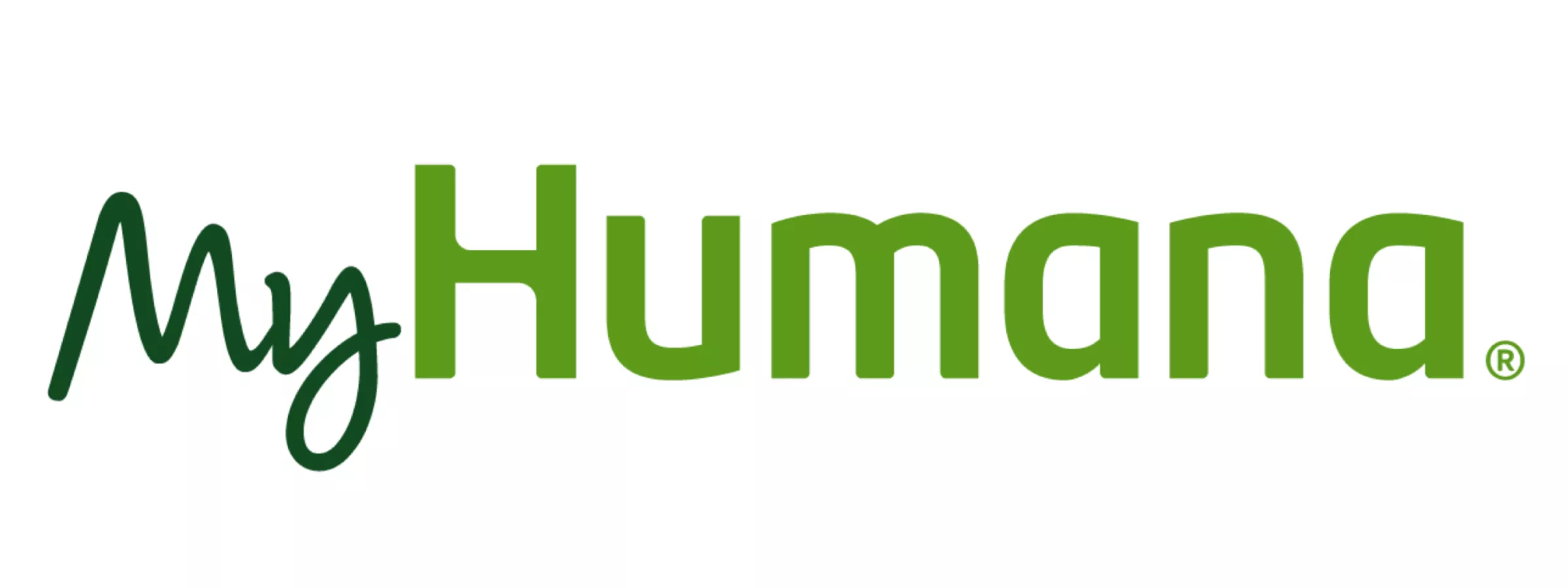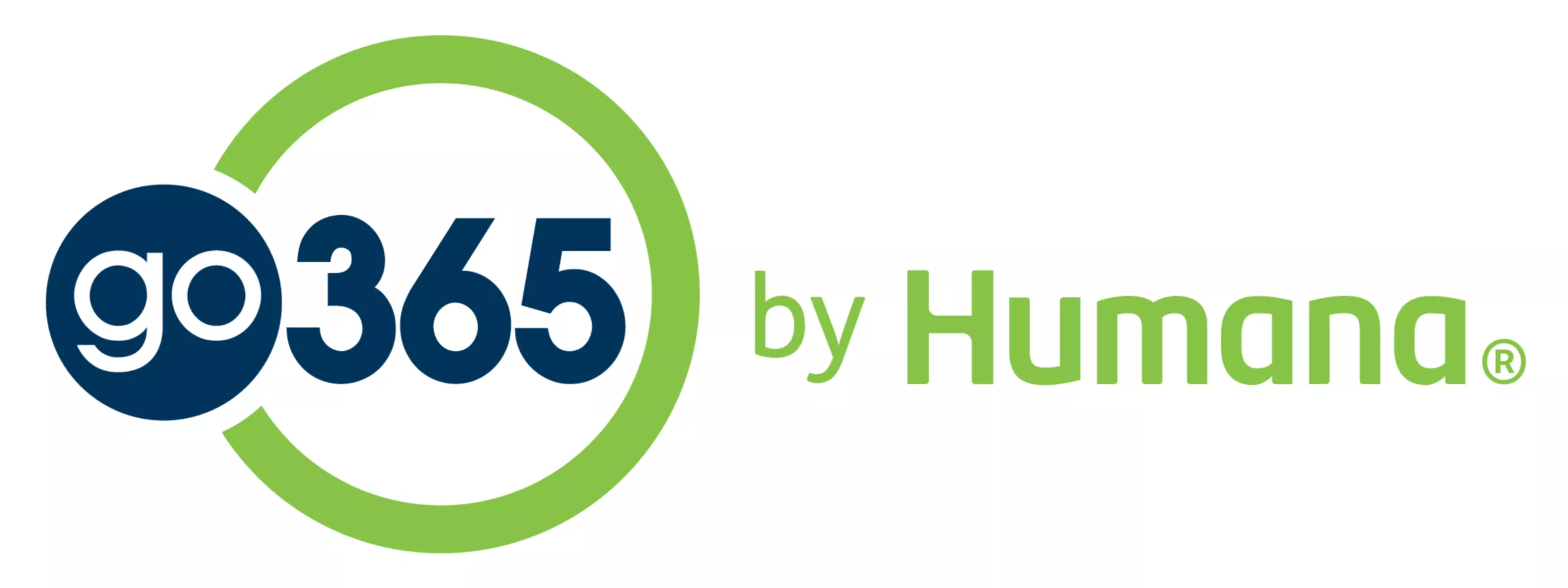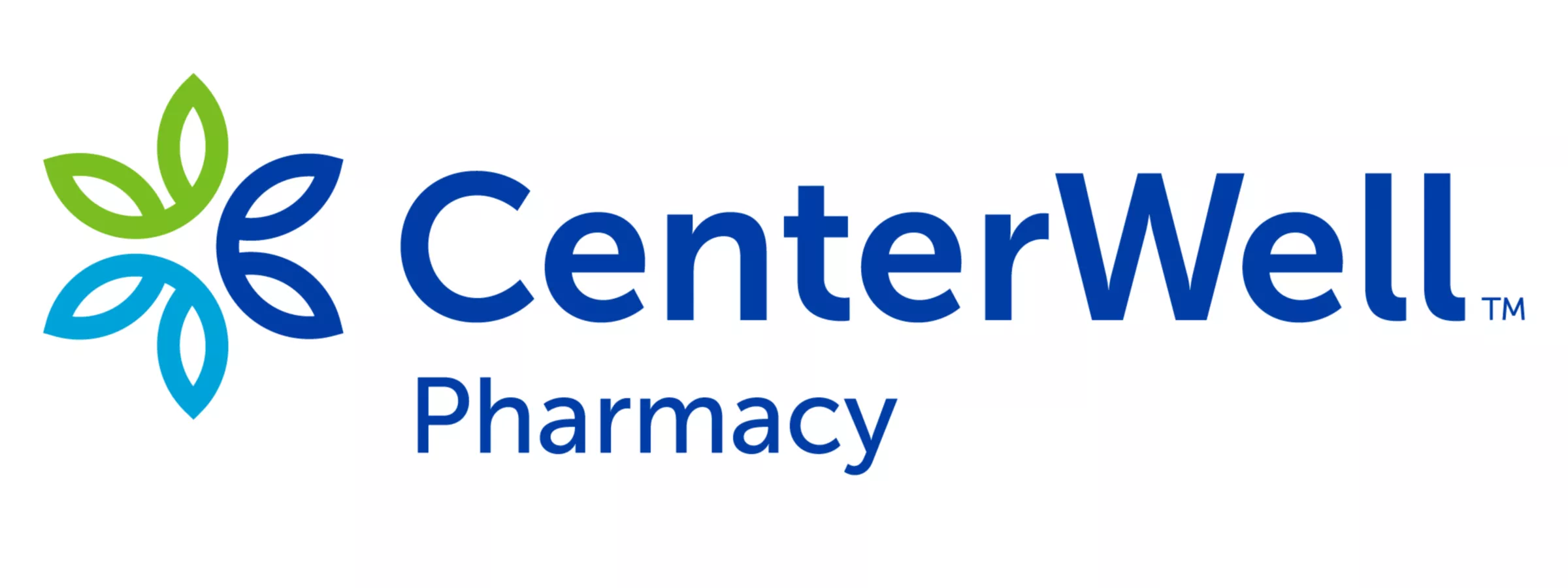
Long gone are the days when a competitive salary was all it took to attract and retain top talent. Now, a hyper-competitive job market and rising employee expectations are challenging organizations to find new and innovative ways to win today’s war for talent.
Enter retiree health benefit plans. Although not as immediately enticing as paid time off, retiree health benefits plans are emerging as an effective strategy for retaining top performers.
The timing couldn’t be better: According to a report by the Society for Human Resource Management (SHRM), 83% of HR professionals find sourcing quality candidates increasingly tricky.1
Fortunately, retiree health benefit plans can help meet this urgent need by providing employees with a greater sense of financial security, self-worth, and purpose. Accomplishing this feat, however, requires plan sponsors to play a vital role in customizing plans, prioritizing employee experience, and fostering open communication.
Playing for keeps
According to a 2023 survey from KFF, a health policy organization, 65% of the organizations offering retiree health benefits to Medicare-age retirees offer those health benefits exclusively through Medicare Advantage. The result is a prime opportunity for plan sponsors to win over employees that might otherwise be poached by competitors.
In fact, the Medicare Advantage market grew by 1.7 million beneficiaries in 20232, offering organizations an opportunity to provide workers with “benefits specifically designed for the retiree population,” says Cary Badger, a partner at HealthScape Advisors, a Chartis company. Examples of these offerings include vision, hearing, and dental coverage.
In addition to fostering a greater sense of future financial security, retiree health benefits reflect employees’ changing attitudes toward work. “A job is no longer just about salary,” says Julian Hayes II, founder of Executive Health, a wellbeing consultancy for executives. “Lifestyle is a big part of it and with that comes health, and with that comes benefits. If your benefits are attractive, they could be used as an excellent tool for attracting and retaining your top performers.”
Another way retiree health benefits can contribute to employee retention is by underscoring plan sponsors’ commitment to meeting employee needs. “You would think that a lot of people just want to retire and ride off into the sunset, but we’re not seeing that,” says Hayes. “They still want to experience life.” Health benefit plans that grant retirees access to gym memberships, nutrition counselling, and preventive health screenings demonstrate a plan sponsor’s prioritization of employee needs, which in turn, can boost retention rates.
Attractive retiree health benefits can also win over younger workers by demonstrating a company’s strong values. For example, many of today’s Millennials and Gen Zers are attracted to companies that embrace ethical business practices and have a strong sense of purpose.3
“People pay attention when they see some of the hardest-working employees pushed aside just because they’re older,” says Hayes. Conversely, he says, ethical practices, such as providing retirees with health benefits, “can go a long way toward impacting a company’s reputation or brand.”

Steps to success
To capitalize on the retention-boosting potential of retiree health benefits, plan sponsors must establish best practices around plan design, employee experience, and widespread awareness. Here’s how.
- Make the most of customization. Many health benefit plans allow for extensive customization. It’s up to plan sponsors, however, to take advantage of these capabilities. “Group Medicare Advantage plans usually offer more enhanced benefits to retirees than your typical open market (individual) Medicare Advantage plan so plan sponsors are able to offer more customized coverage tailored to the needs of their specific population,” says Badger. For example, he says, plan sponsors can provide expanded network coverage for retirees who venture south during the winter months. “Snowbirds need coverage when they travel so these plans can make provisions for that in their coverage,” he says.
- Leverage data. In many cases, data analytics can serve as a powerful tool for designing more personalized plans geared toward employees’ specific retirement needs. For example, Badger says, if plan sponsors discover they “have a higher rate of diabetes in their population than normal, they can customize benefits to provide for diabetic supplies, treatment, and counseling for the family.” All of which, he adds, “can make a big difference for maintaining their health status in the group retiree space.”
- Prioritize employee experience. Positive employee experiences are critical to driving greater retention. Fortunately, a mobile app and online services can ensure health benefit plan processes meet the highest standards of speed and convenience. A perfect example is a mobile app that allows retirees to order over-the-counter products covered by their plan as easily as shopping online.
- Communicate clearly. Even the most carefully defined health benefit plans can fail to improve retention rates if employees are unaware of their existence. To reduce the risk of “educational crevasses,” Badger says, “savvy employers have websites, landing pages, and descriptions of the plans and what to do when you retire.” Better yet, he adds, dedicated call center agents can ensure employees receive the information they need to make educated decisions around retirement and retiree health benefits.
In the race to retain talent, organizations would be wise to recognize they have a powerful tool at their disposal: retiree health benefits. Nearly 5 million Medicare-age retirees get their Medicare and supplemental retiree benefits from a Group Medicare Advantage plan, according to KFF.4 By designing plans that offer customized care and seamless experiences, plan sponsors can send a clear and concise message to employees of all ages that they are working for an organization that prioritizes their unique needs—a surefire strategy for driving retention.
- “Skills Shortage Tightens Job Market; 83% of HR Professionals Report Difficulty Recruiting: SHRM Research,” Society for Human Resource Management, February 4, 2019, accessed Sept. 5, 2025.
- “Mounting headwinds in Medicare Advantage market haven’t stopped growth,” Chartis, March 5, 2024, accessed Sept. 5, 2025.
- Ashley Wood, “Millenials in the Workplace in 2023: What They Want from Their Employers,” LinkedIn article, Sept. 6, 2023, accessed Sept. 5, 2025.
- Tricia Neuman, Anthony Damico, “Retiree health benefits: going, going, nearly gone?” KFF, April 12, 2024, accessed Sept. 5, 2025.
Humana is a Medicare Advantage [HMO, PPO, and PFFS] organization with a Medicare contract. Enrollment in any Humana plan depends on contract renewal.
Limitations on telehealth services, also referred to as virtual visits or telemedicine, vary by state. These services are not a substitute for emergency care and are not intended to replace your primary care provider or other providers in your network. Any descriptions of when to use telehealth services are for informational purposes only and should not be construed as medical advice. Please refer to your evidence of coverage for additional details on what your plan may cover or other rules that may apply.
All product names, logos, brands and trademarks are property of their respective owners, and any use does not imply endorsement.


